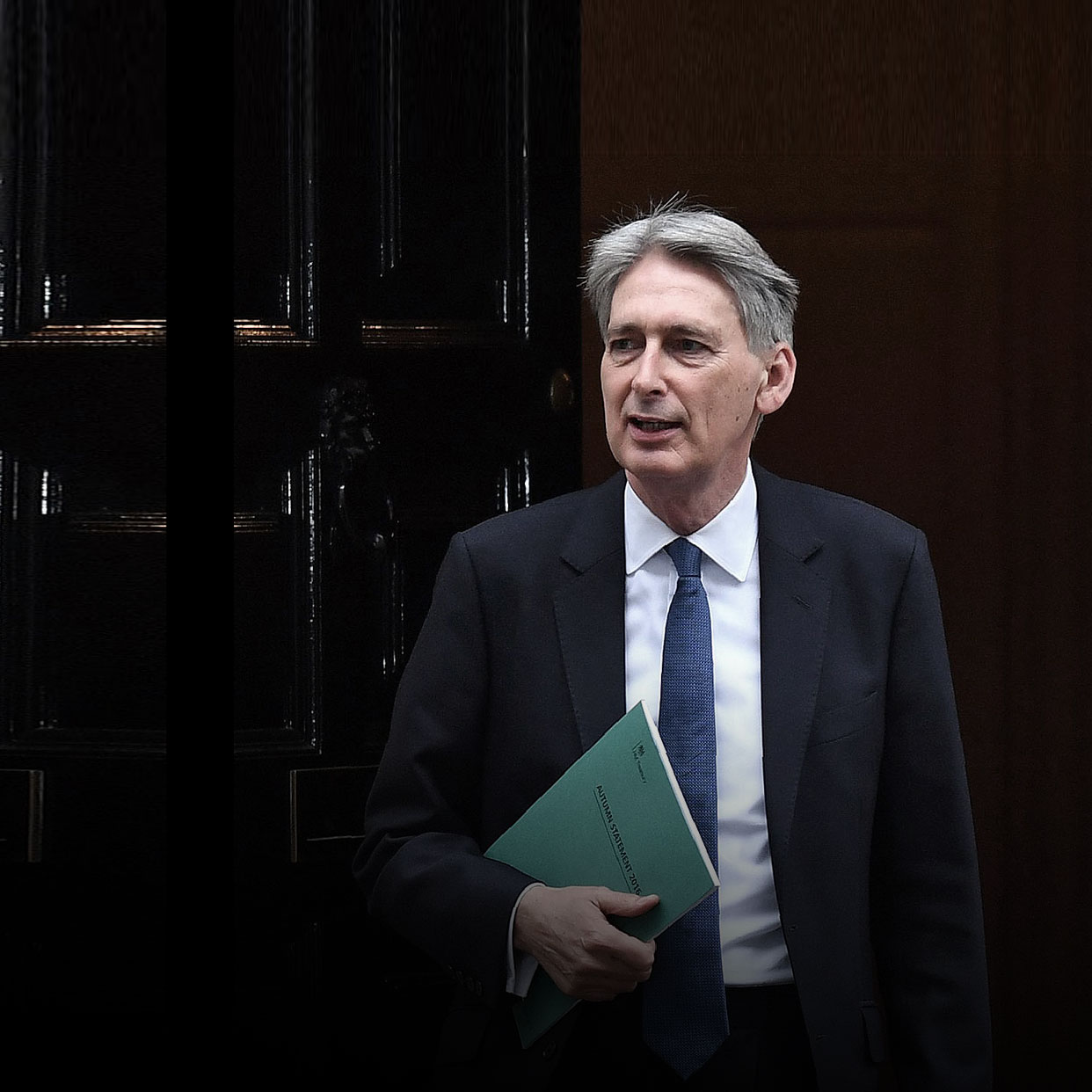How the Autumn Statement will affect you
Less taxes and a savings gesture, but fewer perks and a stealth tax hike on insurance policies

A free daily email with the biggest news stories of the day – and the best features from TheWeek.com
You are now subscribed
Your newsletter sign-up was successful
Phillip Hammond’s first test as Chancellor was to deliver an Autumn Statement that reflects the radically different economic landscape, thanks to Brexit, since George Osborne’s last Budget.
He did - scrapping borrowing targets and leaving the public debt £220bn higher in five years - but Hammond also showed he “had the courage to be boring,” says The Times, delivery what Allister Heath in The Telegraph describes as a “risk-averse, unrushed, incremental Autumn Statement fit for a comfortable, content, steady-as-she-goes country".
While Hammond may not have set the world alight with his surprise-free statement, it did contain plenty of small changes that will affect your bank balance. Here’s what you need to know.
The Week
Escape your echo chamber. Get the facts behind the news, plus analysis from multiple perspectives.

Sign up for The Week's Free Newsletters
From our morning news briefing to a weekly Good News Newsletter, get the best of The Week delivered directly to your inbox.
From our morning news briefing to a weekly Good News Newsletter, get the best of The Week delivered directly to your inbox.
Less tax, but fewer perks
The Personal Allowance will rise from £11,000 to £11,500 in April and up to £12,500 before the next election. At the same time the threshold for paying higher-rate income tax will rise to £50,000 before the next election.
“Analysis shows that the effect of increasing the tax threshold for income tax and raising the threshold for the higher rate of tax both benefit those on average and above average earnings,” says Sean O’Grady in the Independent.
The move has been criticised for not helping low earners. “The lowest-paid who currently earn less than the personal allowance will feel no benefit,” says Iain McCluskey, a partner at PwC in The Times.
At the same time as reducing many people’s income tax bill Chancellor Hammond swung the axe at salary sacrifice schemes. Aside from the cycle to work scheme, childcare vouchers and pension contributions, the government are going to clamp down on schemes where employers cut their National Insurance bill by paying staff in perks rather than cash.
A free daily email with the biggest news stories of the day – and the best features from TheWeek.com
The clampdown will again hit the lower paid more, according to experts.
“The salary sacrifice arrangements have made many employee benefits affordable for lower-paid employees,” says Debi O’Donovan, director of the Reward & Employee Benefits Association in The Times.
“It will be the ‘just about managing’ employees who will be most affected by no longer having access to so many health and wellbeing benefits and mobile phones.”
Token gesture to savers
Hammond also announced a new high-rate savings bond to help people get a decent return on their money. The new account to be offered by National Savings & Investments (NS&I) will offer a market-leading rate to help people who’s income has been hit be the long period of low interest rates, said Hammond.
However, experts have been left underwhelmed. The Investment Guaranteed Growth bonds are expected to pay 2.2 per cent over three years on balances up to £3,000.
It is “a little bit underwhelming,” Sue Hannums, a director of Savings Champion, told the BBC. “A £3,000 maximum will not set the world alight, but it is a gesture.”
Car costs to rise
In the tradition of George Osborne before him Hammond announced that fuel duty will be frozen for another year, “in total this saves the average car driver £150 a year,” he said.
However, he also announced that Insurance Premium Tax (IPT) will rise from ten per cent to 12 per cent next June. IPT stood at just six per cent last November.
“Over the past 15 months, policyholders have already seen an increase of 66 per cent in IPT they pay – this further increase in this regressive tax is outrageous and will hit everyone especially those ‘just about managing’,” said a spokesperson for the British Insurance Brokers’ Association.
The Autumn Statement also included news that there will be a crackdown on fraudulent car insurance claims “saving drivers an average of £40 on their annual premiums.” Unfortunately, it is highly unlikely that saving will actually be passed on to drivers.
The cost of car insurance claims has been falling for the past five years, according to Thomsons Solicitors who researched the subject, but insurers have continued to increase premiums citing the cost of fraudulent claims as an excuse.